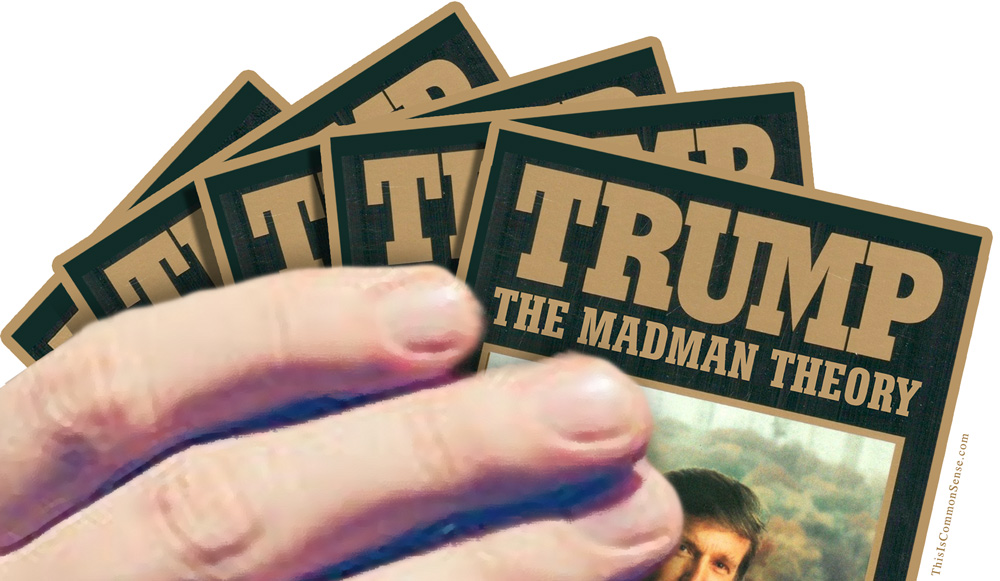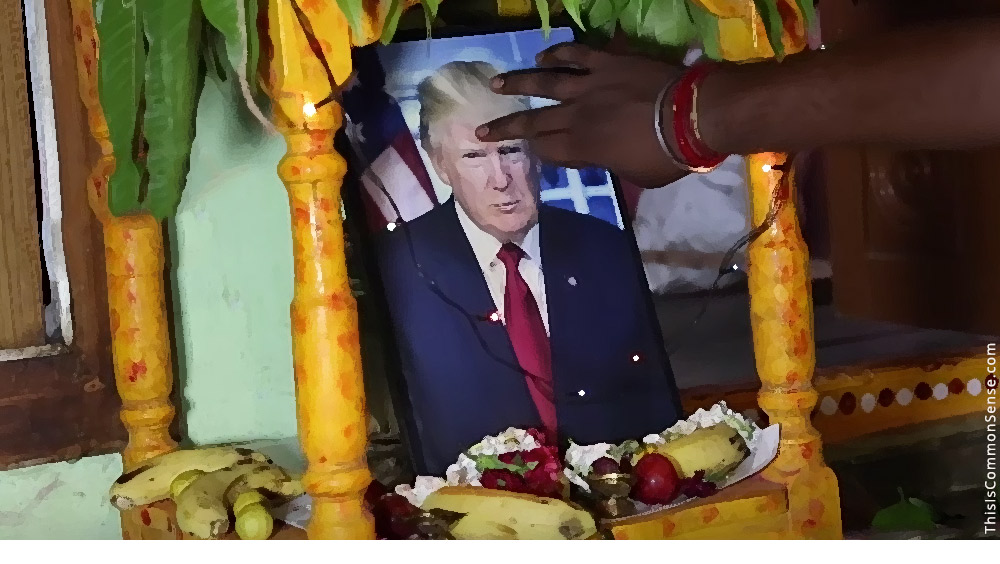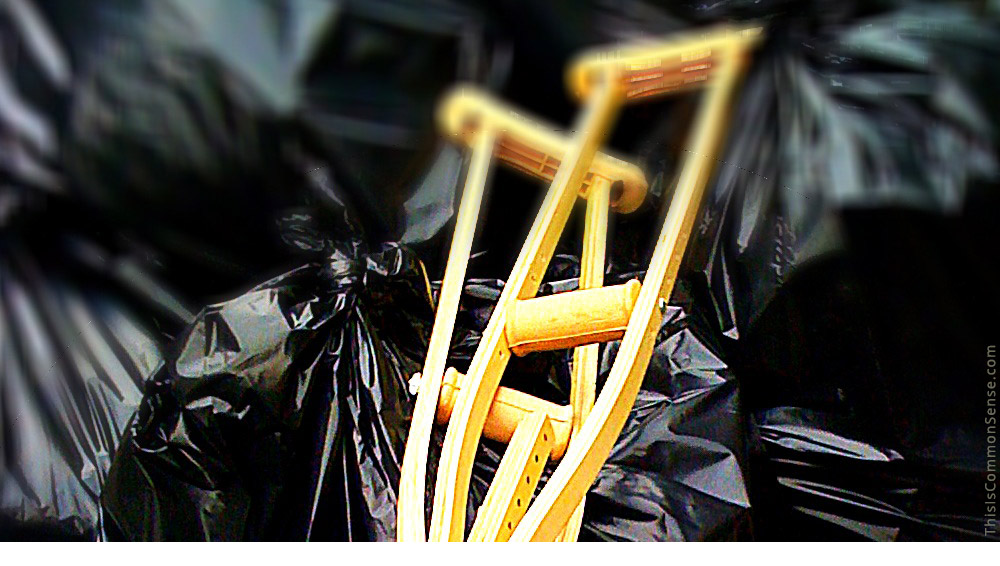One of my more persistent critics on this site asked, last week, why I might believe anything the current president says — considering all the lies.
For reasons of decorum I won’t repeat his exact wording.
The odd thing about the comment was not the vulgarity, though (unfortunately). It was the idea that I was relying upon belief in Donald Trump’s veracity. The whole point of my commentary regarding Trump’s handling of trade and foreign policy was to read between some lines.
I try never to believe anything … er, everything … any politician says.
In Donald Trump’s case, though, there are lies and there are fictions and there are exaggerations. And corkers … and “negotiating gambits.” Separating the wheat from the chaff from the grindstone is not always easy.
Based not only on some of what he says, but also on results-thus-far from the EU negotiations, Trump’s idea of “fair trade” appears to be multilateral free trade. But he has chosen a bizarre method to get there: the threat of high-tariff protectionism — which in the past has led to multilateral protectionism, not free trade.
Trump sees everything as a contest. Trade isn’t a contest as such. It’s win-win. But trade negotiations are contests. And Trump’s game of chicken is dangerous.
Regarding foreign policy generally, though, he seems to be playing a more familiar game: we can outspend everybody. The recent increase in Pentagon spending is bigger than Russia’s annual military budget!
So, who pays? Americans in
- higher taxes and
- the consequences of massive debt, as well as in
- the higher prices from his tariffs.
That’s awfully daring of him. For us.
This is Common Sense. I’m Paul Jacob.
Photo from Max Pixel











